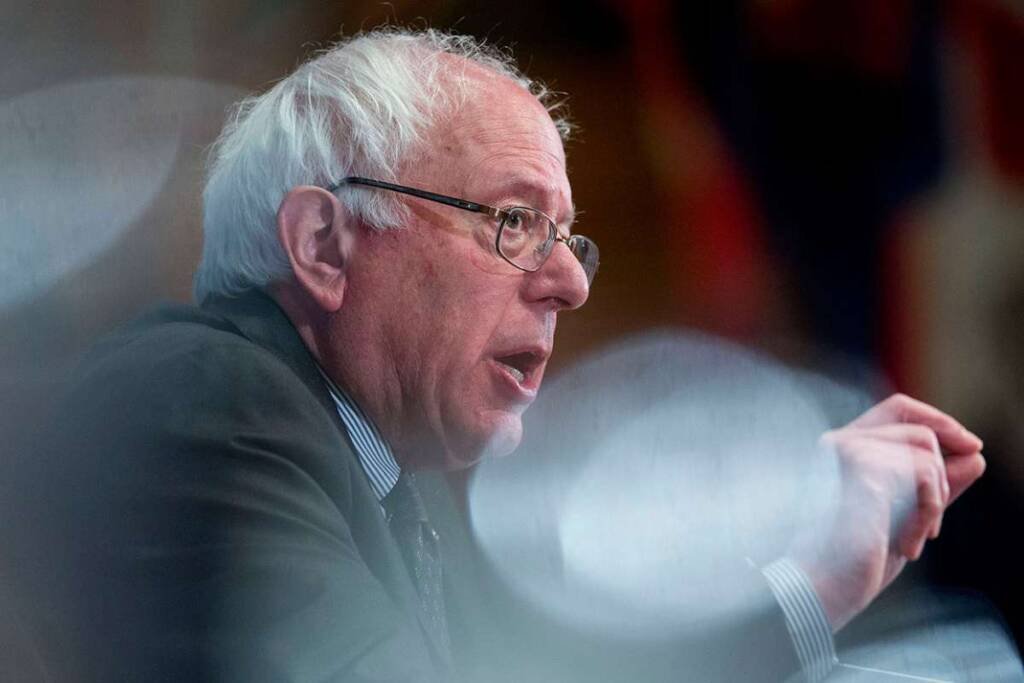Following his appointment as chairman of the Senate Health, Education, Labor, and Pensions Committee, Senator Bernie Sanders from Vermont, a long-standing critic of the pharmaceutical industry, has intensified his efforts to reduce drug prices. His latest initiative aims to impose price caps on drugs that were developed with government funding.
In a Senate draft reauthorization of the 2006 Pandemic and All-Hazards Preparedness Act, Senator Sanders proposes that the price of a product developed with support from the Centers for Disease Control and Prevention (CDC) or the Biomedical Advanced Research and Development Authority (BARDA) should not exceed the lowest price charged for the same product in Canada, France, Germany, Italy, Japan, or the United Kingdom.
Sanders’ plan would “hack away at the entire system for the possibility of short-term benefit,” Cassidy wrote in an op-ed in Stat. “Addressing these underlying problems will preserve the incentives to invest in innovation.”
This proposal would effectively put the pricing of government-funded drugs in the hands of European regulators who assess therapies based on cost-benefit analysis, resulting in more controlled prices compared to the United States, where such analysis is absent.
Senator Bill Cassidy, a former physician from Louisiana and the ranking member of the HELP committee, disagrees with Senator Sanders’ proposal, referring to it as “price setting.”
However, not all of Senator Sanders’ recent efforts have been against the interests of the pharmaceutical industry. He is also advocating for a cap on insulin prices, which would have a greater impact on insurers rather than the drug manufacturers.
Senator Sanders has also joined forces with Senator Cassidy in targeting reform of pharmacy benefit managers (PBMs), third-party entities that benefit more from industry rebates than patients do. These rebates also help branded drug manufacturers limit competition by restricting patient access to more affordable alternatives.





























